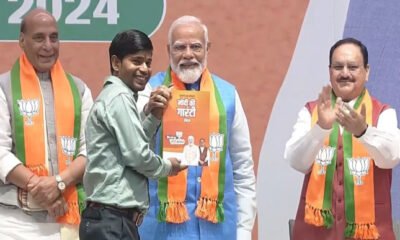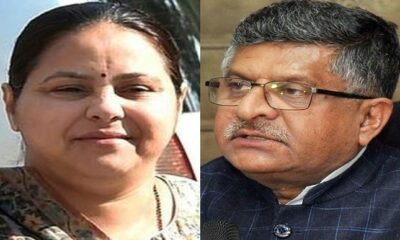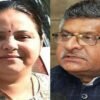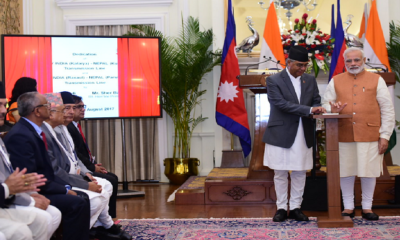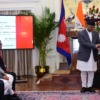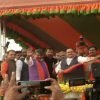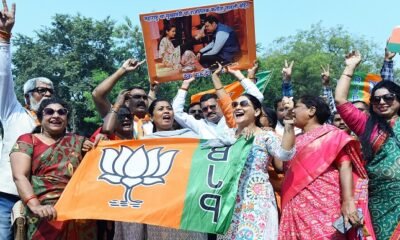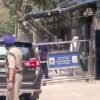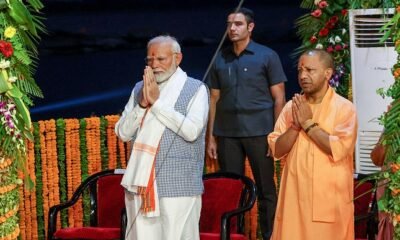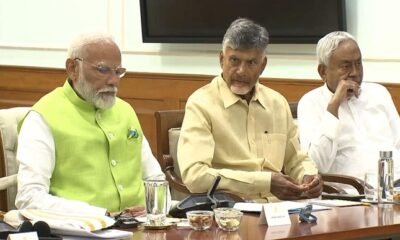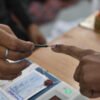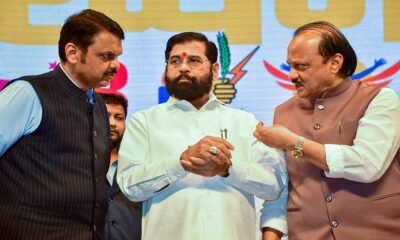National
POLITICS AND PUBLIC RELATIONS
Nisha Sharma.
Historically, most leaders rose to power by birth or a high level of charisma. Many leaders – good and bad – were known for their charismatic nature, including Adolf Hitler, Fidel Castro, John F. Kennedy, and Barack Obama.
Though the use of rhetoric and other forms of public relations has almost always played a role in politics, it has become more systematically entrenched. Politicians and political parties now hire experts to run their campaigns, cultivate a favorable public image and influence public opinion.
It was Narendra Modi’s phenomenal success in the 2014 general election that made other political actors in India to sit up and take notice of the game-changing nature of public relation strategy. The 2014 general election could well be a marketing guide book for marketers and brand experts.
The narrative of patriotism along with a weak competition worked well in his favor and convinced the masses that he was the only alternative. With over 50 million followers on Twitter, Narendra Modi has become one of the world’s most popular leaders.
Responding to the ‘Chowkidar Chor Hai’ slogan with the ‘Main Bhi Chowkidar’ campaign was another incident that proved the NaMo government’s steadfast PR strategy.
With his radio show ‘Mann Ki Baat’ he confirmed his on ground presence and furthered people’s trust in him. His website and mobile application are updated and designed to cater to the youth of India.
बिहार में 13 नए कोरोना पॉजिटिव मिले, राज्य में Covid-19 संक्रमितों की संख्या हुई 126
With all news channels and print media keeping an eye on the smallest of his moves and giving them prime time highlight, his campaigns get a really high retention rate.
Not surprisingly, amidst an all-time high rate of unemployment, a liquidity crisis and a consumption slowdown, he was reelected with a thumping majority in the 2019 general elections. And it can be safely said that a big part of his consecutive landslide victories is due to his PR strategy.
Social media has been central to shaping political debates. Skillful use of social media has helped various movements in gaining momentum and reach. Social media is, by its very nature, democratizing. It facilitates the swift spread of information among large groups of disparate people, giving citizen activists- new tools for organizing actions.
The role of social media in influencing political outcomes is still being determined, with some preliminary research suggesting that social media’s propensity to determine voting behaviors was largely exaggerated. The ethical implications, however, are much clearer.
While name-calling, fake news, and other types of low-level discourse and unethical political communication have always existed, social media has undoubtedly exacerbated these problems to another level. Funding campaigns to spread false information about opponents or to put them in a bad light is not uncommon too. Polarizing content and hateful material on the Internet has proliferated in the recent times. The spread of rumors regarding child traffickers and cow slaughters on Whatsapp and Facebook, led to a spate of lynchings. Recent violence in Northeast Delhi and various universities across India were results of such hate speech and fake news.
Given the serious implications of unethical political communication, political actors need to introspect further and focus on bringing back ethics to the table. Routinized unethical political communication has grave implications for politics as well as for social resilience and national security. Thus, the issue needs to be tackled on a war footing and through a multi-stakeholder approach.



